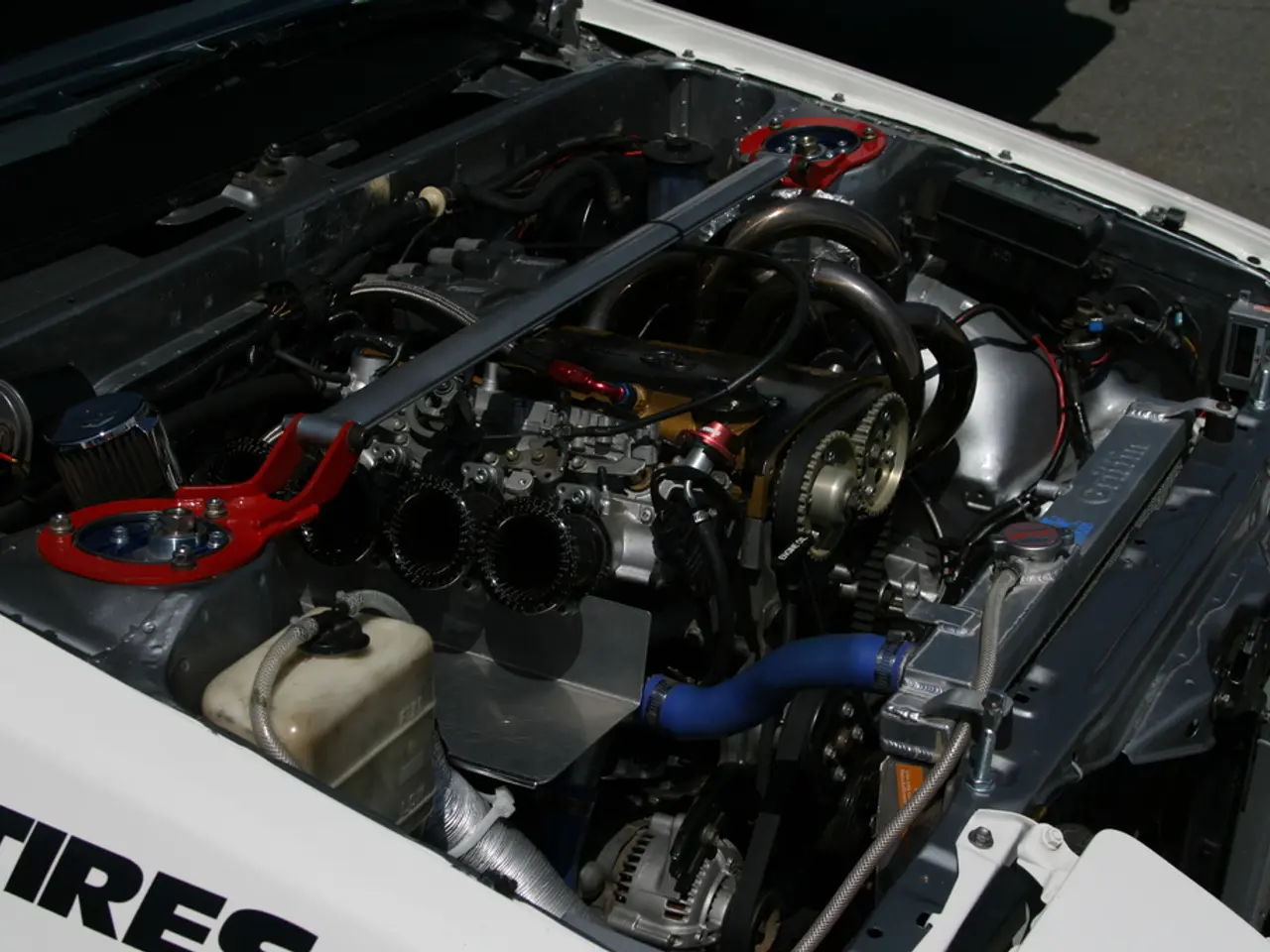Pondering over your future vehicle? Which kind of fuel will ensure long-term viability for you over the next decade?
In the ever-evolving Indian automotive landscape of 2025, the choice of fuel for your next car is more diverse and complex than ever. Here's a breakdown of the pros, cons, and best use cases for petrol, diesel, CNG, electric vehicles (EVs), and hybrid cars.
Petrol cars are a popular choice due to their low purchase price and easy serviceability. They are suitable for city driving, offering abundant petrol pump availability. However, their higher running costs due to fuel price and greater emissions compared to other options may be a concern for some.
Diesel cars, on the other hand, boast better fuel economy and torquey drivability, making them ideal for long-distance driving and rural areas. Yet, they have a higher initial purchase price, emit more pollutants, and require higher maintenance costs. In urban zones like Delhi-NCR, diesel cars may face restrictions due to emission standards.
CNG cars are witnessing a rise in popularity in India due to factors like lower cost, higher fuel efficiency, and lower emissions. Owning a CNG car comes with compromised boot space and slightly lower power generation compared to petrol models. Despite the higher upfront cost, CNG cars offer significantly lower running costs and lower maintenance due to cleaner combustion.
Electric vehicles (EVs) offer zero tailpipe emissions and, in many cases, lower running costs than petrol and CNG. They are future-ready with growing government incentives and align with eco-conscious buyers' preferences. However, challenges with upfront price, limited charging infrastructure in many places, and range anxiety concerns persist.
Hybrid cars offer a combination of fuel and electric power, providing improved fuel efficiency and lower emissions than pure petrol/diesel alternatives. They are more expensive upfront and complex in terms of technology. Yet, they offer more power than similar ICE options and emit fewer pollutants.
The Honda City Hybrid is available for ₹ 20.85 Lakhs, while the Tata Nexon CNG is priced at ₹ 8.90 Lakhs. The Tata Punch CNG and the Maruti Suzuki Swift Hybrid are upcoming cars with projected prices of ₹ 7.30 Lakhs and ₹ 10 Lakhs, respectively. The Honda Elevate EV and the Tata Curvv EV are also on the horizon, with prices estimated at ₹ 18 Lakhs and ₹ 17.49 Lakhs, respectively.
Choosing the right fuel type depends on factors like daily driving distance, fuel availability, budget, and environmental considerations. City commuters may prefer CNG or EVs for lower running costs and emissions, while rural or long-distance drivers could favor diesel for performance and economy despite pollution concerns.
This comprehensive view reflects the evolving Indian market scenario in 2025 where multiple fuel options coexist with distinct trade-offs. New turbocharged and direct injection technologies have increased petrol car fuel efficiency, offering a viable option for many. Ultimately, the decision comes down to finding the perfect balance between cost, performance, and environmental impact.
Technology continues to shape the finance landscape of the automotive industry in 2025, with advancements in electric and hybrid vehicles making sustainable choices more accessible. In the realm of sports, the increased efficiency and performance of petrol cars equipped with new technologies provide an exciting driving experience for city commuters and long-distance drivers alike.




